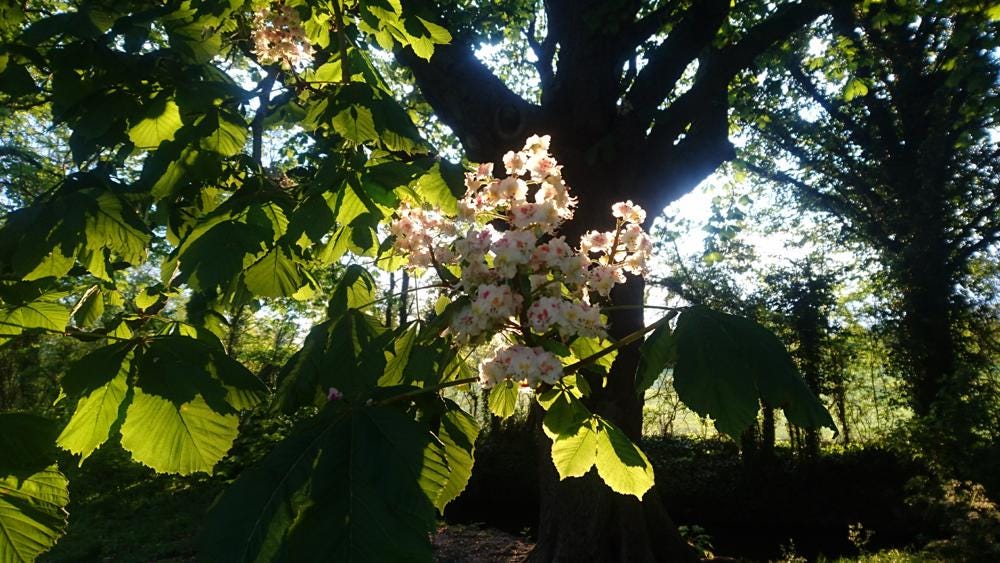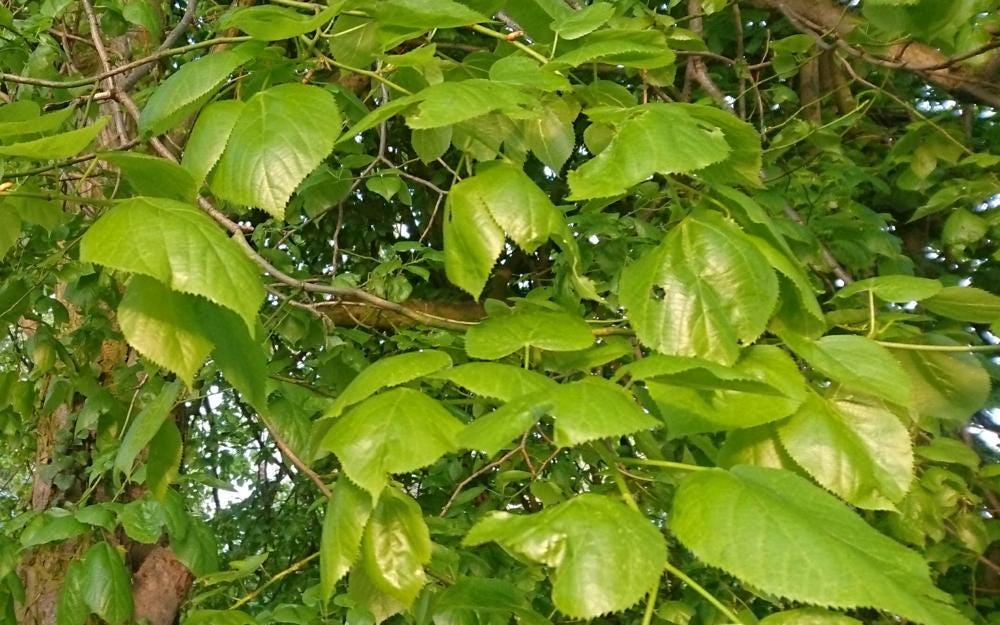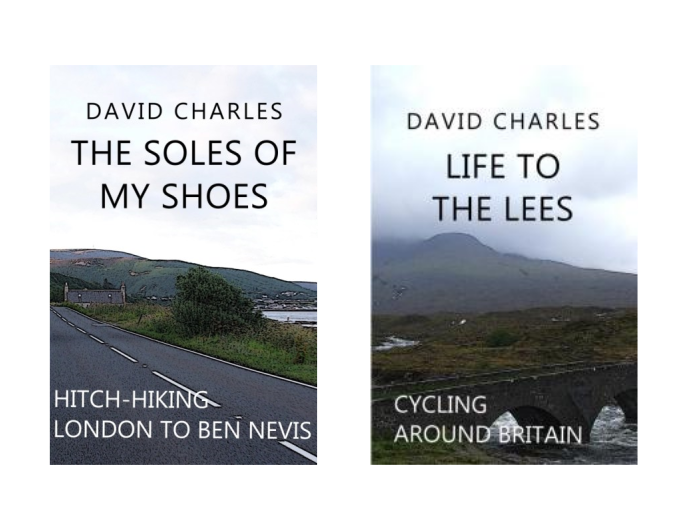What will outlast you?

Happy Friday!
What am I bringing into being that will outlast me?
Of course, it's impossible to know, but it's a reasonable bet that my writing will outlast me. Certainly the writing that's kept in the BBC archives and (still can't believe this) in the British Library.
My notebooks will probably outlast me. And any of my other digital writing stored on servers with a life-expectancy of greater than 50 or 60 years. That'll all outlast me.
To a certain degree, my reputation and memories of my existence will outlast me, but probably not for long. My birth certificate will outlast me.
I work for a few organisations that will probably outlast me. Every morning I wake up and do my bit to perpetuate systems of control that will probably outlast me: capitalism, democracy, the British legal system.
I'm contributing my fair share of carbon emissions: their effect will outlast me.
It's odd to remember that what is mine will outlast me – what does it mean to be 'mine' long after the referent has passed away?
In what sense are any possessions 'mine'? What we call possession can only ever be temporary. To the survivor, the spoils. So too with the planet.
Abstract concepts have a habit of outlasting individuals of course – that's how we have somehow conspired to cede ownership of Britain to the Forestry Commission, pension funds and the Crown Estate. But these fictions are held together only by a collective delusion.
For the same reason, I find it hard to credit the land to similar fictions like 'God' or even 'Mother Earth'. Are there no corporeal entities who will outlast us in possession of this soil?
But of course there are: the trees.
In this country, there are more specimens of a single tree species – the ash – than there are specimens of homo sapiens. We are short-term tenants on this land and the landlords – in the most literal sense of the word – are our arboreal lessors.
Even the most flippant of trees lives their life on a time scale almost inconceivable to humans. The horse chestnut is considered flighty with a life expectancy of only 300 years. There are yew specimens that were sinking their roots into the soil when the Romans first arrived.
And yet deforestation is 'the second largest anthropogenic source of carbon dioxide to the atmosphere, after fossil fuel combustion'. Seems rough treatment for the terrestrial biosphere that absorbs about a quarter of all our profligate carbon emissions.
Tree cover in Britain stands at 13%, rising, but still far below the European average of 37%. Last year, the government committed to increase woodland cover by a further 2%; its own Committee on Climate Change called for a 9% increase.
Britain is on loan and the debt is coming due. We would do well to get to know our landlords and call them by their names. Be good tenants.
There is a tree in a cow pasture near where I grew up (W3W: plotted.brain.forgotten) whose roots make a sublimely relaxing sun lounger.
Until last week, I never knew it's name. Now I know: it's an oak, one of a family strung out along the hedgerows, but its siblings don't make such fine company.
In some ways, it makes complete sense that it took us 10 years to be properly introduced. That's tree-time. But now I have a dependable friend to share the sunset with. And I know from the calls of half a dozen different birds that I'm not alone.
~
My favourite story from this week's Forests News was about a couple from Minas Gerais in Brazil who planted 2,000,000 trees around their ranch to resurrect the rainforest.
Lime Leaves Loves

Lime trees wrap their greenery in a metaphor. The buds, with one small and one large scale, look like mini boxing gloves, spoiling for a fight. But they unfurl with the light into perfect heart-shaped leaves for loving.
The flowers are hermaphrodite so, perhaps understandably, the lime tree is well-known to aid fertility. And, like the toughest love, lime wood doesn't warp. It's still used to make piano keys.
Pick the leaves for a summer salad, particularly when covered in aphid poo, which makes them all the sweeter.
If you like this sort of thing, then you'll probably also like my back catalogue of over 500 posts, all found at davidcharles.info.

I've published 5 books, including stories of hitch-hiking from London to Ben Nevis, and cycling 4,110 miles around Britain. Visit my tiny book shop.
The ebooks are Pay What You Want, so you choose the price tag. Can't say fairer than that.
I'm off to Braid Wood in the Chilterns for a weekend of shadow walking. Sounds sinister, but hopefully nothing too Blair Witch will befall my first venture into walk leadership.
Whosoever plants a tree
Winks at immortality!
Felix Dennis, poet and planter of trees
Much love, - dc

CREDITS
David Charles wrote this newsletter. David is co-writer of BBC Radio sitcom Foiled, and also writes for The Bike Project, Forests News, Elevate and Thighs of Steel. Reply to this email, or read more at davidcharles.info.


